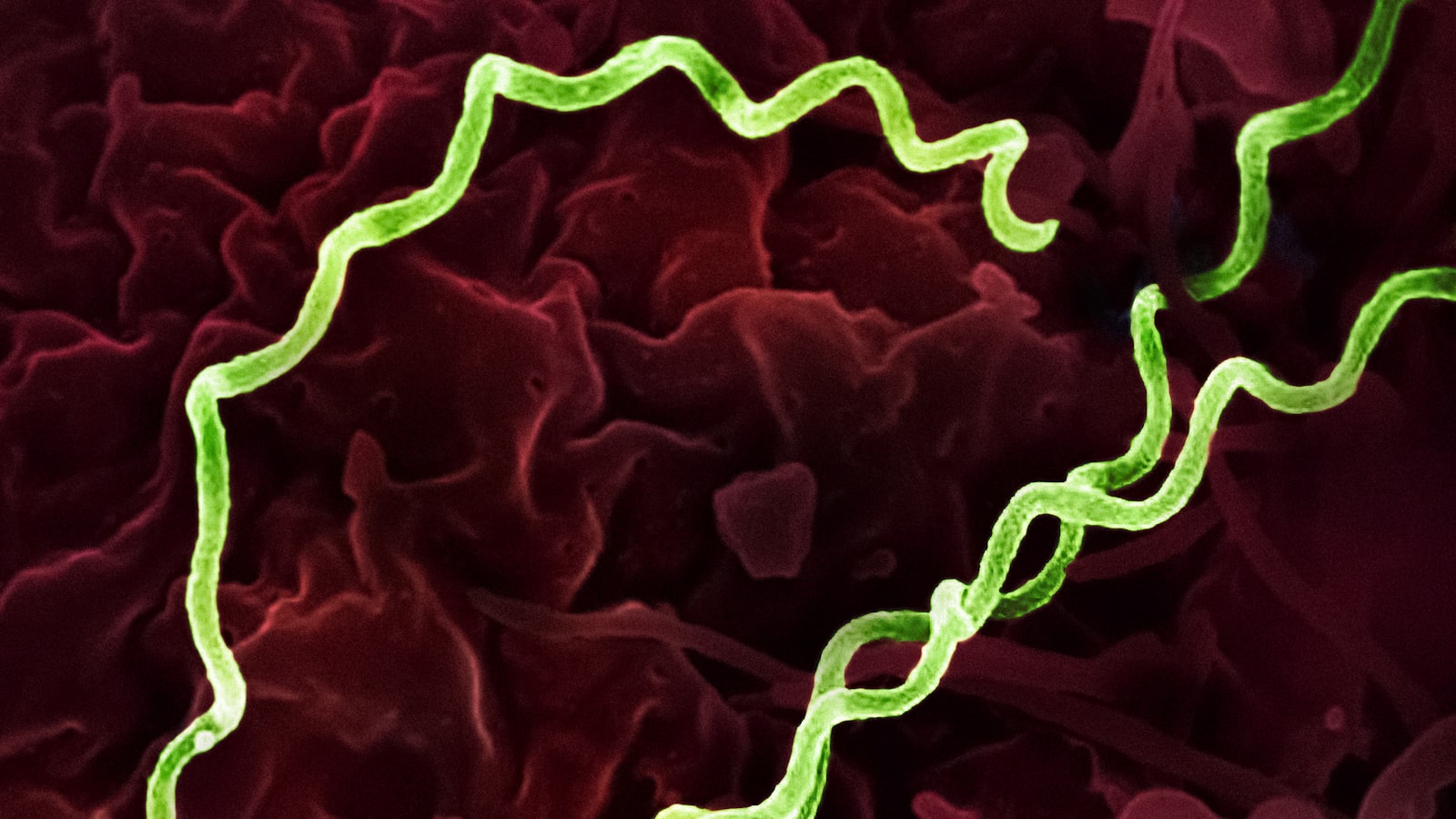Syphilis is a sexually transmitted infection caused by the bacterium Treponema pallidum. It is a chronic condition that progresses through different stages if left untreated. Understanding the stages of syphilis is crucial for early detection and effective management of the infection. In this article, we will explore the early signs, latency period, and late complications associated with syphilis.
Early Signs of Syphilis
Syphilis progresses through three distinct stages: primary, secondary, and tertiary. In the primary stage, a painless sore known as a chancre appears at the site of infection, which is usually the genitals, anus, or mouth. These sores may go unnoticed, leading to delayed diagnosis and further transmission.
#syphilis #infection #earlysigns
Latency Period
After the primary stage, syphilis enters a latent period where there are no visible symptoms. This period can last for months or even years. During this phase, the infection is still present in the body, but it is not actively causing any apparent health issues. However, syphilis can still be transmitted to others during the latent stage.
#syphilis #latency #transmission
Late Complications
If syphilis remains untreated during the latent period, it can progress to the tertiary stage. Tertiary syphilis can affect various organs, including the heart, brain, blood vessels, and bones. Some of the potential complications include neurosyphilis (infection of the nervous system), cardiovascular syphilis, gummatous syphilis (formation of soft, tumor-like growths), and late-stage congenital syphilis if the infection is transmitted from a pregnant person to their unborn child.
#syphilis #complications #tertiarystage
Importance of Early Detection and Treatment
Early detection of syphilis is crucial as it allows for timely treatment, which can prevent the infection from progressing to more severe stages. Testing for syphilis involves a blood test to detect the presence of antibodies against the bacterium. If diagnosed in the early stages, syphilis can be effectively treated with antibiotics such as penicillin.
#syphilis #earlydetection #treatment
Prevention and Safe Practices
Practicing safe sex is the primary method of preventing syphilis and other sexually transmitted infections. This includes using barrier methods such as condoms and dental dams, limiting the number of sexual partners, and getting regular sexual health check-ups. It is also important to engage in open and honest communication with sexual partners regarding STI status.
#syphilis #prevention #safepractices
In conclusion, understanding the stages of syphilis is crucial for early detection and effective management of the infection. Recognizing the early signs, understanding the latency period, and being aware of the potential late complications can help individuals seek appropriate medical care and prevent further transmission. Practicing safe sex and regular STI screenings are vital in reducing the risk of syphilis and other sexually transmitted infections.
